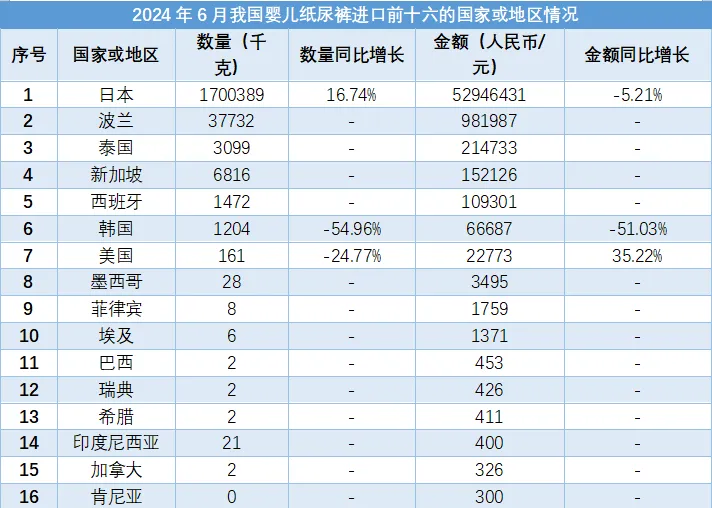How to Import Diapers from China with Ease—Despite Tense US-China Trade Relations

By WellDone International trade desk
As trade tensions between the United States and China persist into 2025, many American businesses are grappling with the complexities of importing everyday products. Yet, amidst the tariff hikes and diplomatic wrangling, one essential category remains a relative safe zone: disposable diapers.
A Window of Opportunity Amidst Tariffs
While the US has imposed tariffs exceeding 145% on a broad range of Chinese imports, absorbent hygiene products like baby and adult diapers have largely been spared. According to a recent Industry Intelligence report, China has reaffirmed its zero-export tariff policy on diapers through 2025. This exemption presents a valuable opportunity for small and medium-sized US importers aiming to reduce costs and stabilize supply chains.
Choosing the Right Shipping Method
Importing diapers from China can be cost-effective—if done wisely. Logistics experts highlight three primary shipping options:
Sea Freight: Ideal for bulk orders with low per-unit costs. Delivery takes 20–40 days but offers the most economical rates.
Air Freight: Best for urgent or small-volume shipments. Though delivery is quick (3–7 days), costs are significantly higher.
Rail Freight: Suitable for shipments to Europe or Central Asia, balancing speed and cost effectively.
Each method depends on your order size, urgency, and destination.
Regulatory Compliance in the US
Importing baby products to the United States requires strict adherence to consumer safety laws. The Consumer Product Safety Improvement Act (CPSIA) mandates that all children’s products meet stringent safety standards:
Children’s Product Certificate (CPC): Verifies compliance with all applicable safety rules.
Third-party Testing Reports: Ensures that products are free from lead, phthalates, and other toxic substances.
Proper Labeling: Includes age grading, warning labels, and batch numbers.
Failure to comply can result in costly delays and product seizures by US Customs.
Tips for a Smooth Import Experience
Work with a Trusted Chinese Supplier: Use platforms like Alibaba or direct sourcing agents, and always request product samples before placing bulk orders.
Verify Factory Certifications: Look for ISO, CE, or FDA compliance depending on your target market.
Use Experienced Freight Forwarders: Especially those familiar with hygiene products and customs clearance procedures.
Keep Up with Trade Policy Changes: Stay informed about tariff updates and legislative shifts through reliable sources like the USTR and global trade news.
The Bottom Line
While headlines may paint a picture of unrelenting trade wars, the reality on the ground is more nuanced. For essential goods like diapers, China remains an efficient and affordable sourcing hub. With the right knowledge and partnerships, importing from China can still be smooth, legal, and highly profitable—no matter the political climate.

